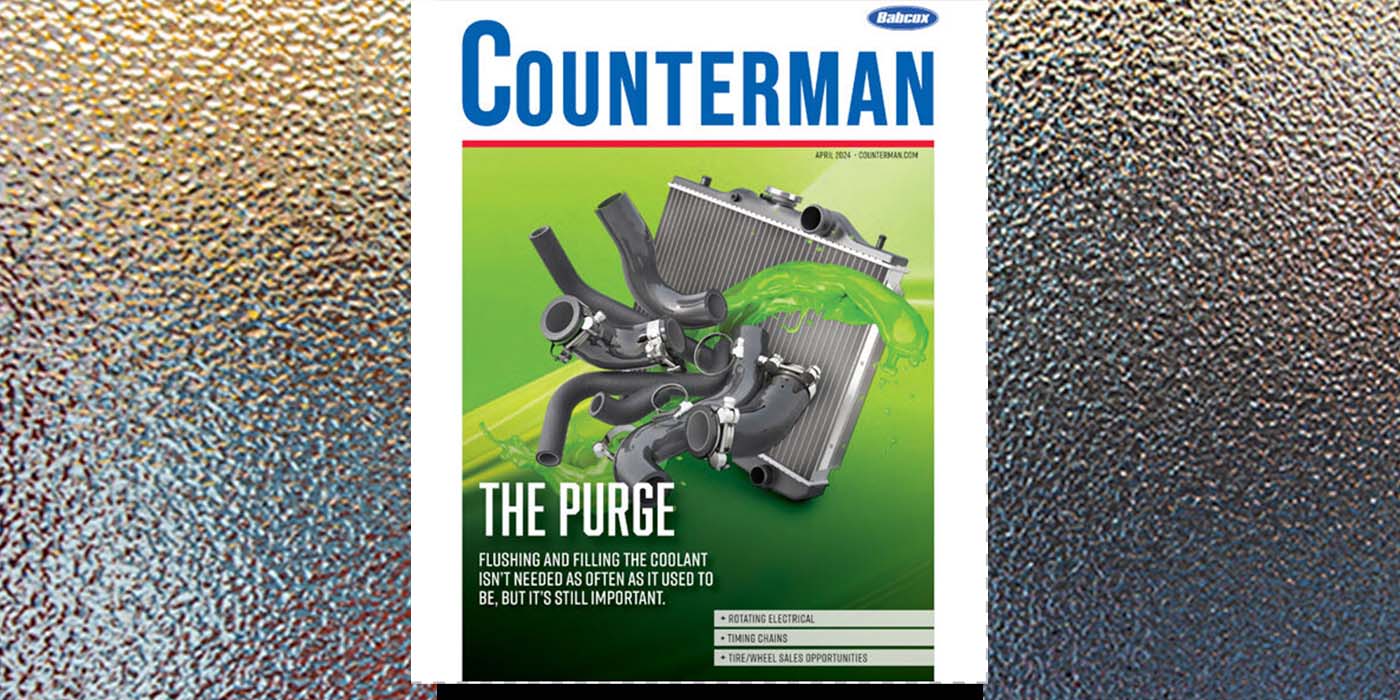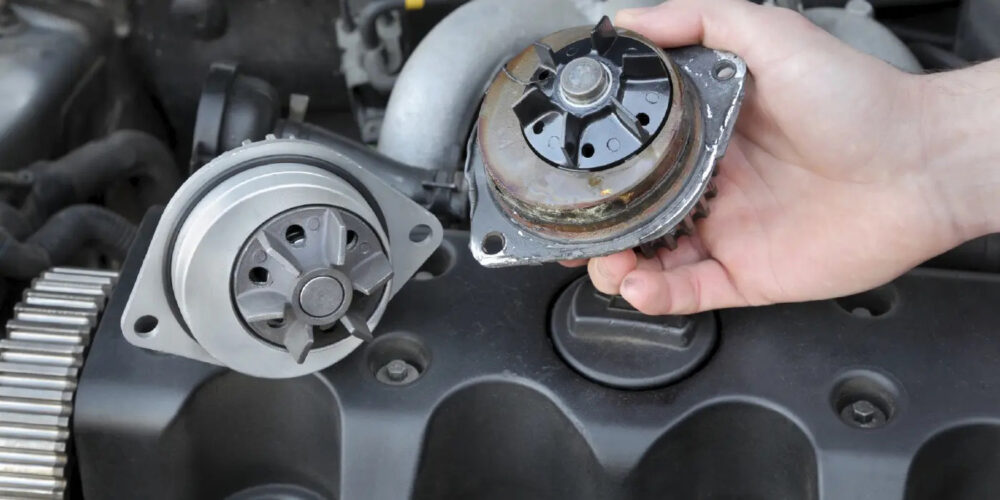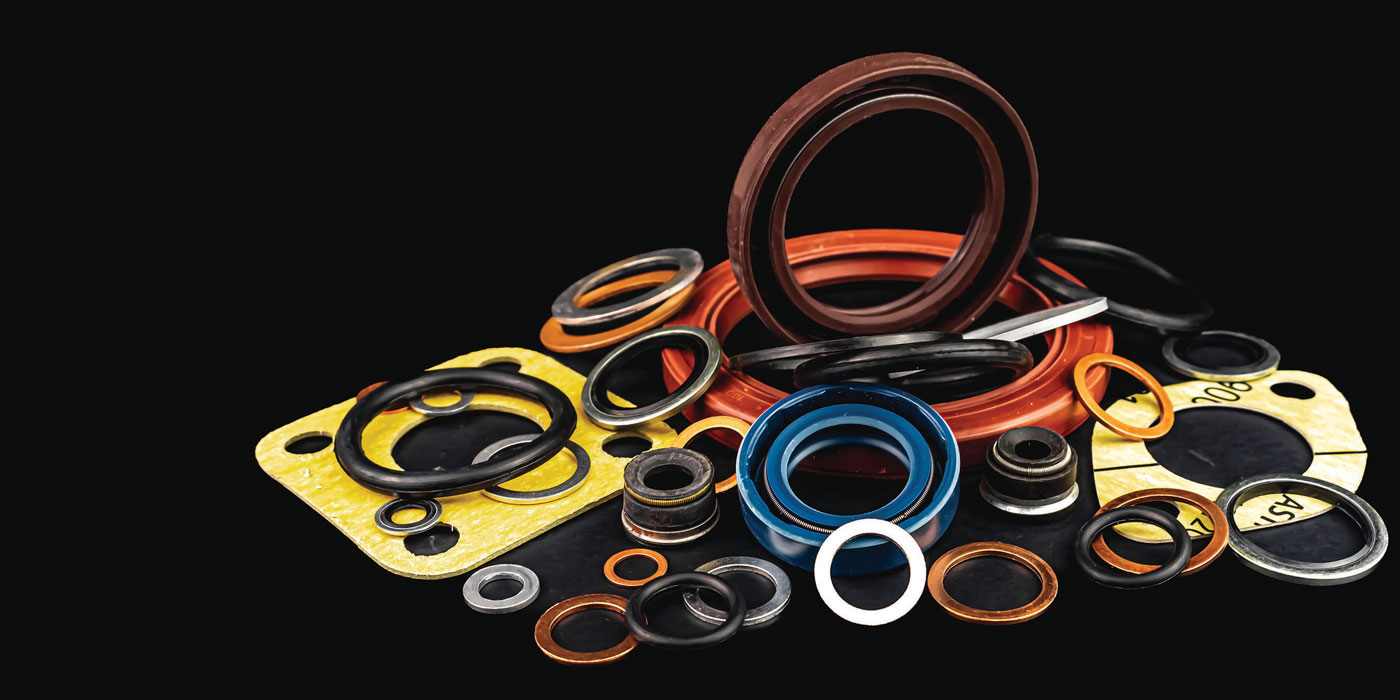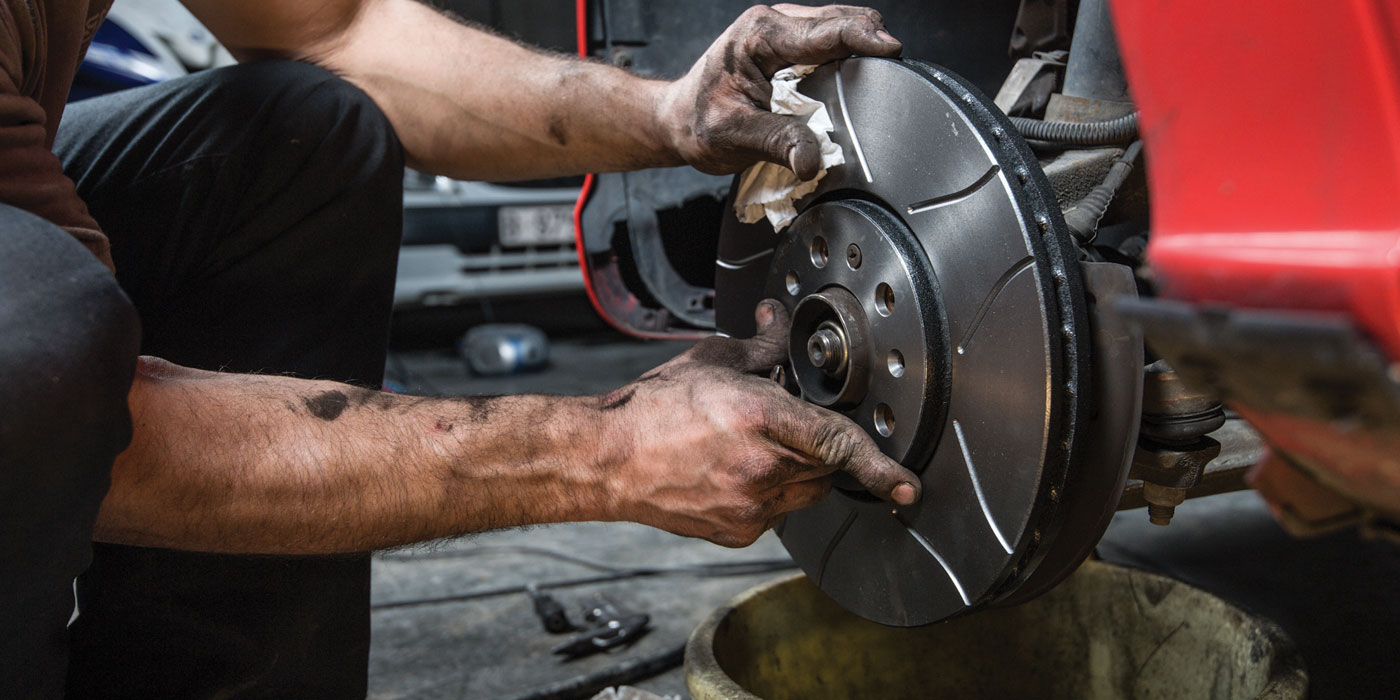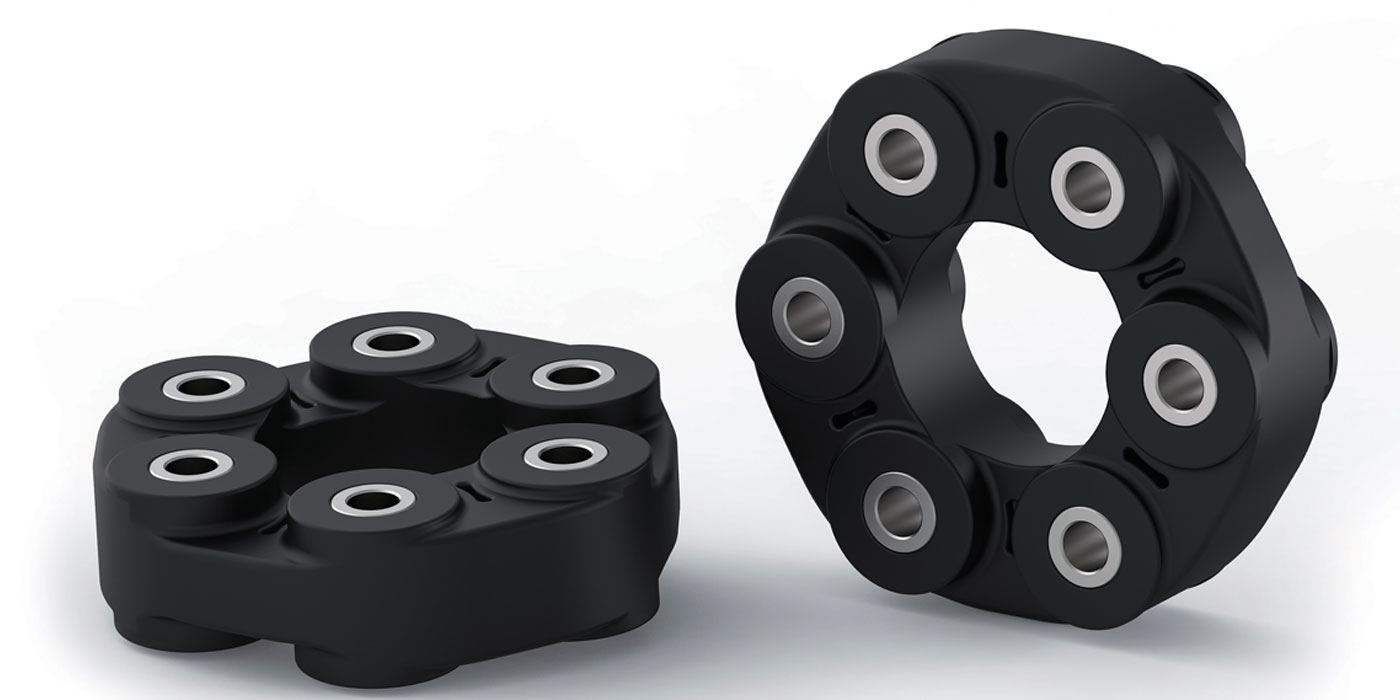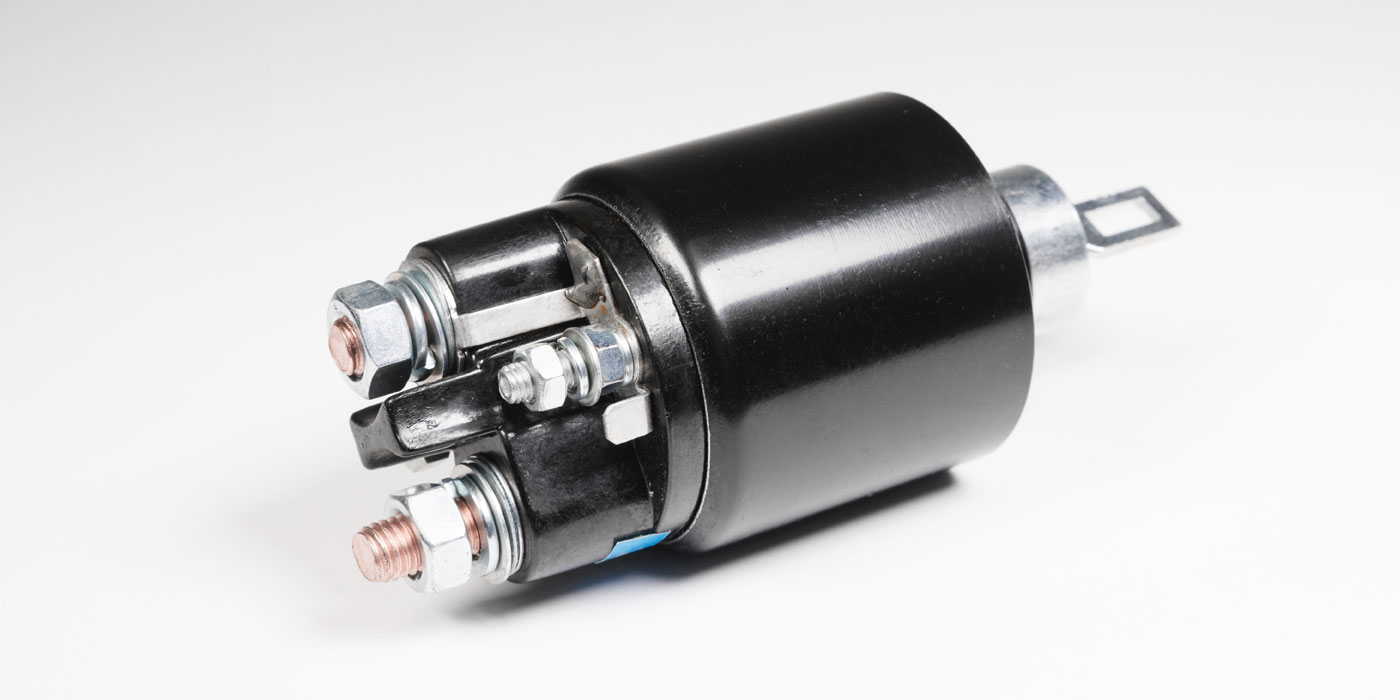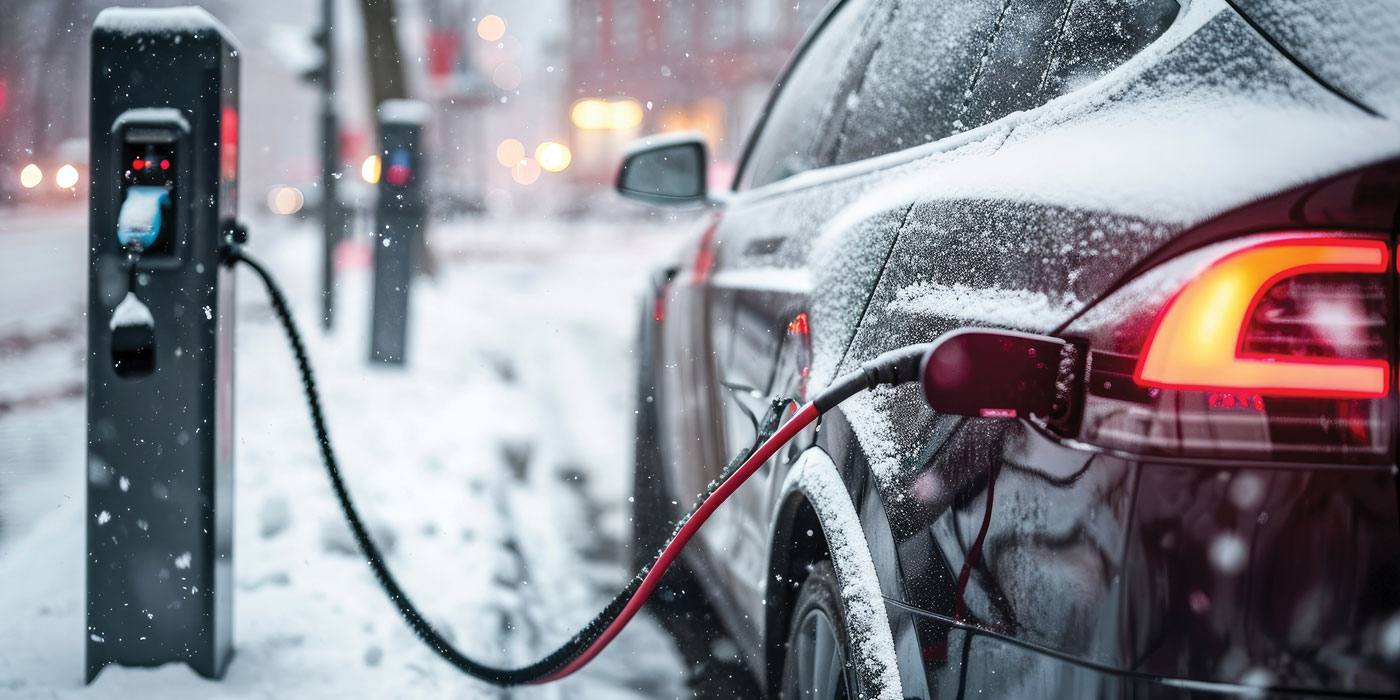There’s nothing like that “new-car smell.” But there are other specific odors that motorists never should ignore.
Identifying these suspect smells early on can help vehicle owners avoid the hassle and expense of an unexpected breakdown, according to the Car Care Council.
“Unusual smells can be the sign of serious, and potentially costly, trouble for your vehicle,” says Rich White, executive director of the Car Care Council. “By acting quickly and making necessary repairs, you’ll be able to breathe easy knowing there is no harmful damage to your car.”
If a customer complains of any unusual smells coming from their vehicles, here are six warning signs they should heed, courtesy of the Car Care Council:
- The smell of burnt rubber could be slipping drive belts or misplaced loose hoses that might be rubbing against rotating accessory drive pulleys. Do not reach in if the engine compartment is hot.
- The smell of hot oil could mean that oil is leaking onto the exhaust system. To verify the leak, look for oil on the pavement or smoke coming from the engine area.
- The smell of gasoline is likely the sign of a gas leak in some area of the vehicle such as a fuel injector line or the fuel tank. Any smell of fuel can result in a possible fire hazard, so immediate attention should be given.
- The sweet smell of syrup may be a sign that the vehicle is leaking engine coolant from a leaky component related to the vehicle’s cooling system. Do not open the radiator cap when it is hot.
- The smell of burning carpet could be a sign of brake trouble and a safety hazard. The customer should have the brakes checked right away, especially if the smell is happening during normal driving conditions.
- The smell of rotten eggs is never a good one and, if a customer smells it coming from their vehicle, it could mean a problem with your catalytic converter not converting the hydrogen sulfide in the exhaust to sulfur dioxide properly. The smell also can be attributed to a poor-running engine, causing the catalytic converter to become overloaded and fail due to meltdown.
The Car Care Council is the source of information for the “Be Car Care Aware” consumer-education campaign.




